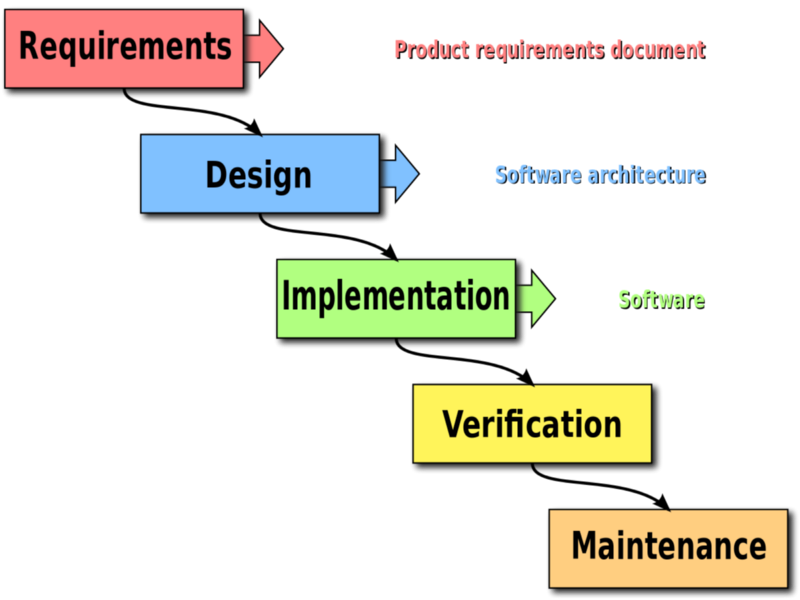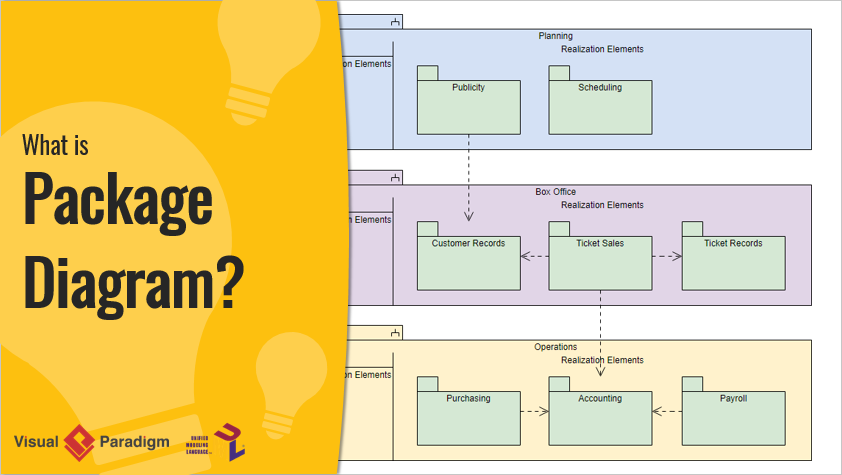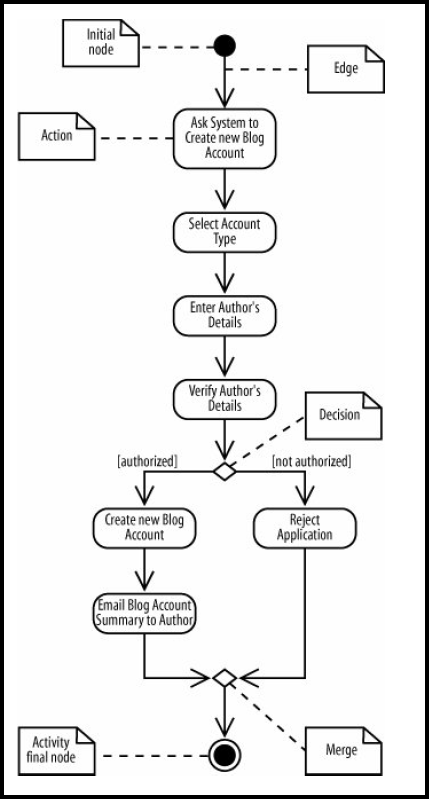A software development process is a recipe used for constructing software determining the capabilities it has, how it is constructed, who works on what, and the time frames for all activities. Processes aim to bring discipline and predictability to software development, increasing the chance of success of a project .UML is the language for modeling your software, it’s an important part of the software development process. Modelling consists of building an abstraction of reality. Abstractions are simplifications that They ignore irrelevant details and They only represent the relevant details.
Continue reading




